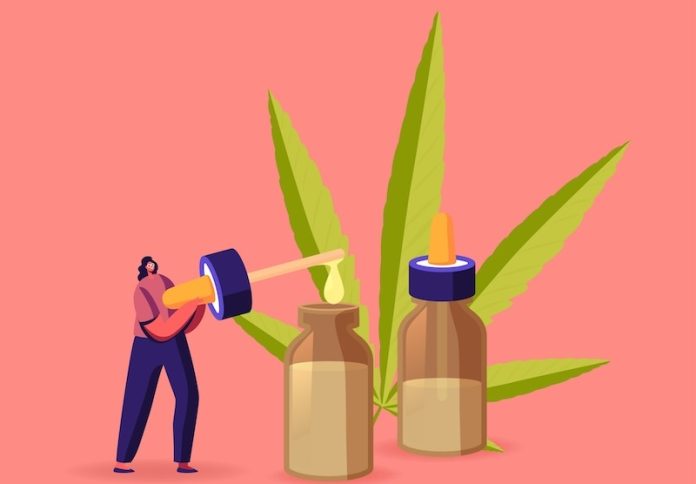
A recent study by researchers at Washington University School of Medicine in St. Louis sheds new light on the risks associated with cannabis use during the COVID-19 pandemic.
Published in the journal JAMA Network Open on June 21, the study examined the health records of 72,501 people who were treated for COVID-19 across several healthcare centers in Missouri and Illinois from February 2020 to January 2022.
The findings suggest that individuals who reported using cannabis at least once in the year prior to contracting COVID-19 faced significantly higher risks of severe outcomes.
Specifically, these individuals were 80% more likely to require hospitalization and 27% more likely to need intensive care compared to those who did not use cannabis.
This level of risk is comparable to that seen in tobacco smokers, who also showed increased likelihood of severe outcomes from COVID-19.
Li-Shiun Chen, MD, DSc, the senior author of the study and a professor of psychiatry, noted that public perception often views cannabis as a relatively harmless substance compared to tobacco or alcohol.
However, the study indicates that in the context of COVID-19, cannabis use is far from harmless. The increased need for hospitalization and intensive care among cannabis users highlights this point, even though the survival rates between cannabis users and non-users did not differ significantly.
The research did not conclusively determine why cannabis use seems to exacerbate the severity of COVID-19. One hypothesis is that smoking cannabis may harm lung tissue, making it more susceptible to severe infections, much like the damage caused by tobacco smoke.
Another concern raised by the researchers is the possibility that cannabis could suppress the immune system, regardless of whether it is smoked or ingested, potentially weakening the body’s ability to fight off viral infections.
First author Nicholas Griffith, MD, emphasized the need for further research to understand the full implications of cannabis use on health, particularly in viral infections like COVID-19.
The study’s reliance on self-reported data on cannabis use (yes or no) means that details about the amount of cannabis consumed, or whether it was smoked or eaten, remain unclear. These factors could have different impacts on health outcomes.
The findings from this study contradict some earlier research that suggested potential protective effects of cannabis against viral diseases.
Chen’s team hopes that their work will encourage more comprehensive studies to explore the health effects of cannabis, which could help inform public health guidelines and patient counseling in the future.
If you care about blood sugar, please read studies about why blood sugar is high in the morning, and how to cook sweet potatoes without increasing blood sugar.
For more information about brain health, please see recent studies about 9 unhealthy habits that damage your brain, and results showing this stuff in cannabis may protect aging brain, treat Alzheimer’s.
The research findings can be found in JAMA Network Open.
Copyright © 2024 Knowridge Science Report. All rights reserved.



